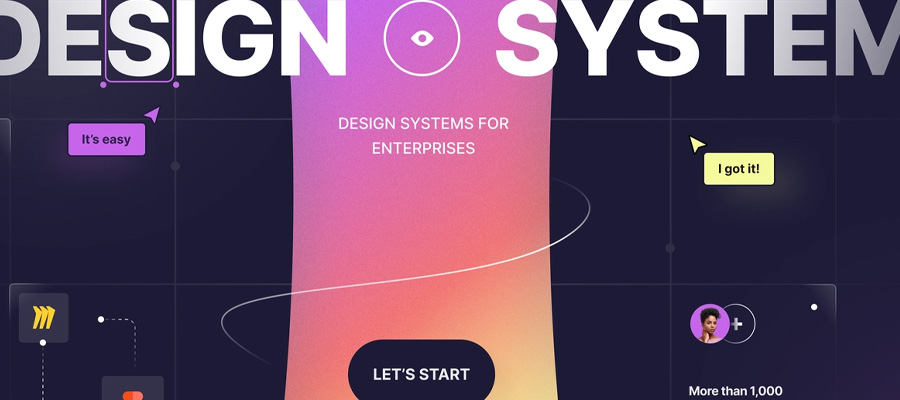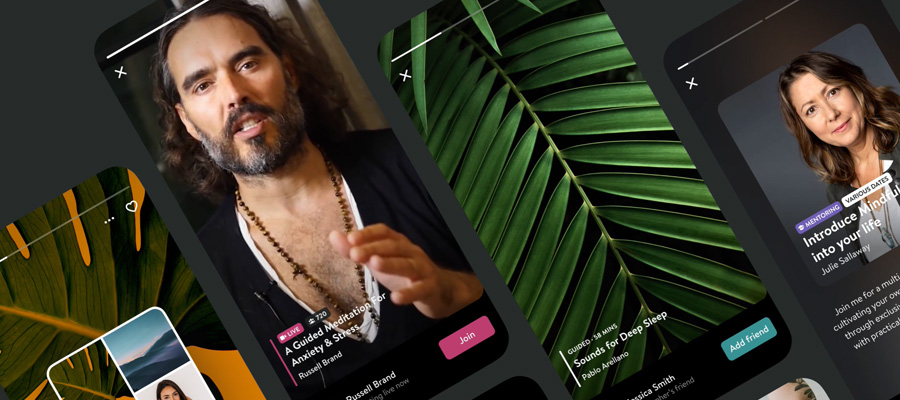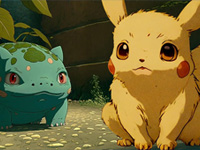If you’re a creative individual, it’s understandable if looking at the job market leaves you feeling a little worried. So much of the modern economy relies on digital technologies, which you may think would not leave you with much room to express yourself. Your passion comes from your creativity, not your technical skills.
However, just because many of the available job roles today involve digital technologies, this doesn’t mean that they are devoid of creative expression – far from it. In fact, many digital jobs rely on a mixture of creativity and techy know-how. If your talents lie predominantly with the former, then here are a few positions that might suit you.
Web design
Many of the digital jobs that have, in effect, been created by the rise of recent technologies like the internet can trace their lineage back to more traditional roles. As a web designer, for example, you will still need to demonstrate an eye for detail and an aesthetic appreciation of what works visually and what doesn’t. In this respect, web designers need to be in possession of similar skills to those that work in non-digital creative jobs.
On the other hand, there is a technical element involved in web design. Having knowledge of certain coding languages, particularly HTML and CSS, will be essential and being able to use design software such as Photoshop will also come in handy.
In order to get started as a web designer you could study for a professional qualification, either from a university or college, but in many cases your potential employer will be more interested in your portfolio. Start getting creative, even if it’s just with your own website, by creating logos and other types of content. That way, you can demonstrate your web design skills to a prospective employer.
Software developer
On the surface, software development doesn’t necessarily appear like the most creative of fields. Line after line of code may not seem as obviously expressive as a painting or piece of writing, but it is far from just a technical exercise.
As a software developer, you will be tasked with producing computer programs that solve problems. Perhaps a company wants to automate its HR procedures, or maybe you’ve noticed an efficiency in your everyday life that could be improved – whatever the problem is, you’ll need to think creatively in order to come up with a solution.
Although you’ll need an in-depth knowledge of a wide range of coding languages, this won’t be much use if you can’t think of a workable solution first. Creativity has enabled software developers to create thousands of useful applications that we now use every day. Their technical skills simply bring those creative ideas to life.
Digital copywriter
Some of the most important aspects of being a digital copywriter can be applied to writing generally. You should have excellent attention to detail, you should be concise and clear at all times, and you should engage with your audience. In order to do this, being able to write creatively is hugely important.
Although you will often be given a brief by your client, this doesn’t mean that your writing has to be rigid and bland. Work within the remit given to you but be as expressive as you can, putting a little bit of your own personality on the page. Digital copywriting may require you to have an awareness of content management systems and SEO principles, but good, solid writing remains its foundation.
Marketing analyst
As a marketing analyst, you’ll be working with vast quantities of data in order to analyse market trends and consumer behaviour. By conducting this analysis you’ll be able to inform businesses about the types of products and services they should be creating and how to best generate sales.
Once again, this may not sound very creative, but in practise being able to interpret data is a hugely subjective skill. You’ll have to present your findings to your employers and put forward your own opinions on what the data shows, meaning that marketing analysis provides plenty of room for individual expression.
Social Media Manager
Social media is a huge part of our personal and work lives and if you can’t get enough of this relatively recent cultural phenomenon then a career as a social media manager could be for you.
As part of the role you will create and manage marketing campaigns based around relevant social networks, monitor their effectiveness and use advanced data analytics to prove their success. As with many of the jobs listed above, social media managers start their projects with a blank sheet of paper and a great idea. It is only after this that their technical skills come into play.





















